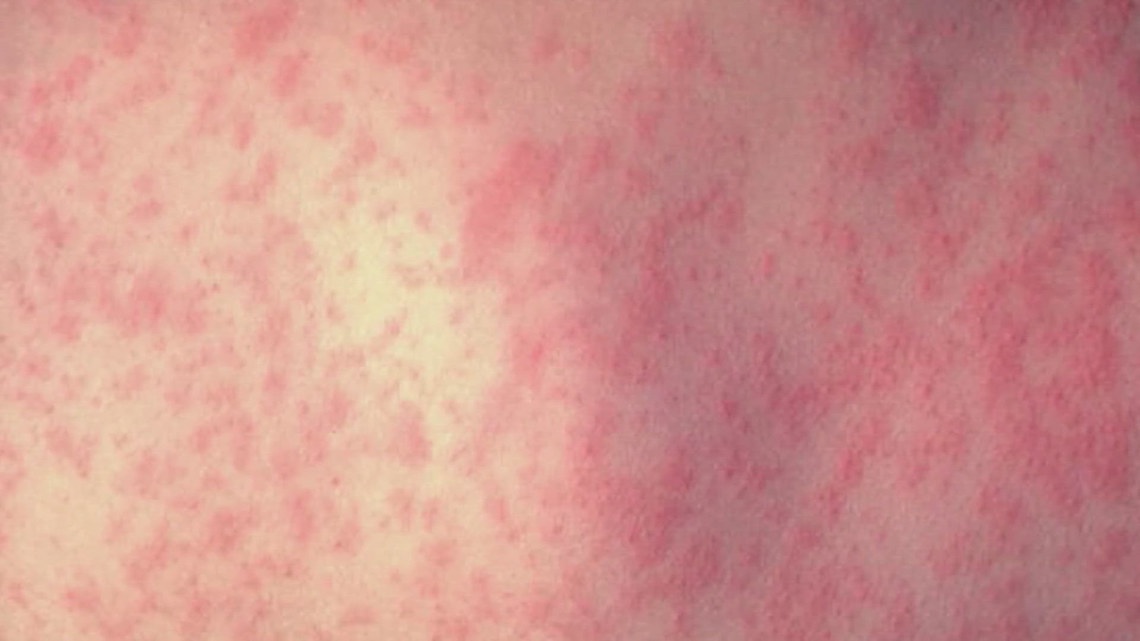Tiny Denver Patient Becomes Second Confirmed Measles Case, Health Officials Warn

A recent measles case has raised health concerns in Denver after local officials confirmed an unvaccinated infant contracted the disease following travel to an outbreak region in Mexico. The discovery highlights the ongoing risks of international travel for unvaccinated individuals, particularly young children who are most vulnerable to infectious diseases.
Health authorities are now working diligently to trace potential exposure points and prevent further spread of the highly contagious virus. The case serves as a critical reminder for parents about the importance of maintaining up-to-date vaccinations and taking necessary precautions when traveling to areas with known disease outbreaks.
Measles remains a serious public health threat, capable of spreading rapidly in communities with low vaccination rates. Medical professionals strongly recommend that all children receive their recommended immunizations to protect not only themselves but also those around them who may be unable to receive vaccines due to age or medical conditions.
Parents and caregivers are urged to consult with their healthcare providers about vaccination schedules and take proactive steps to safeguard their children's health, especially when planning international travel.
